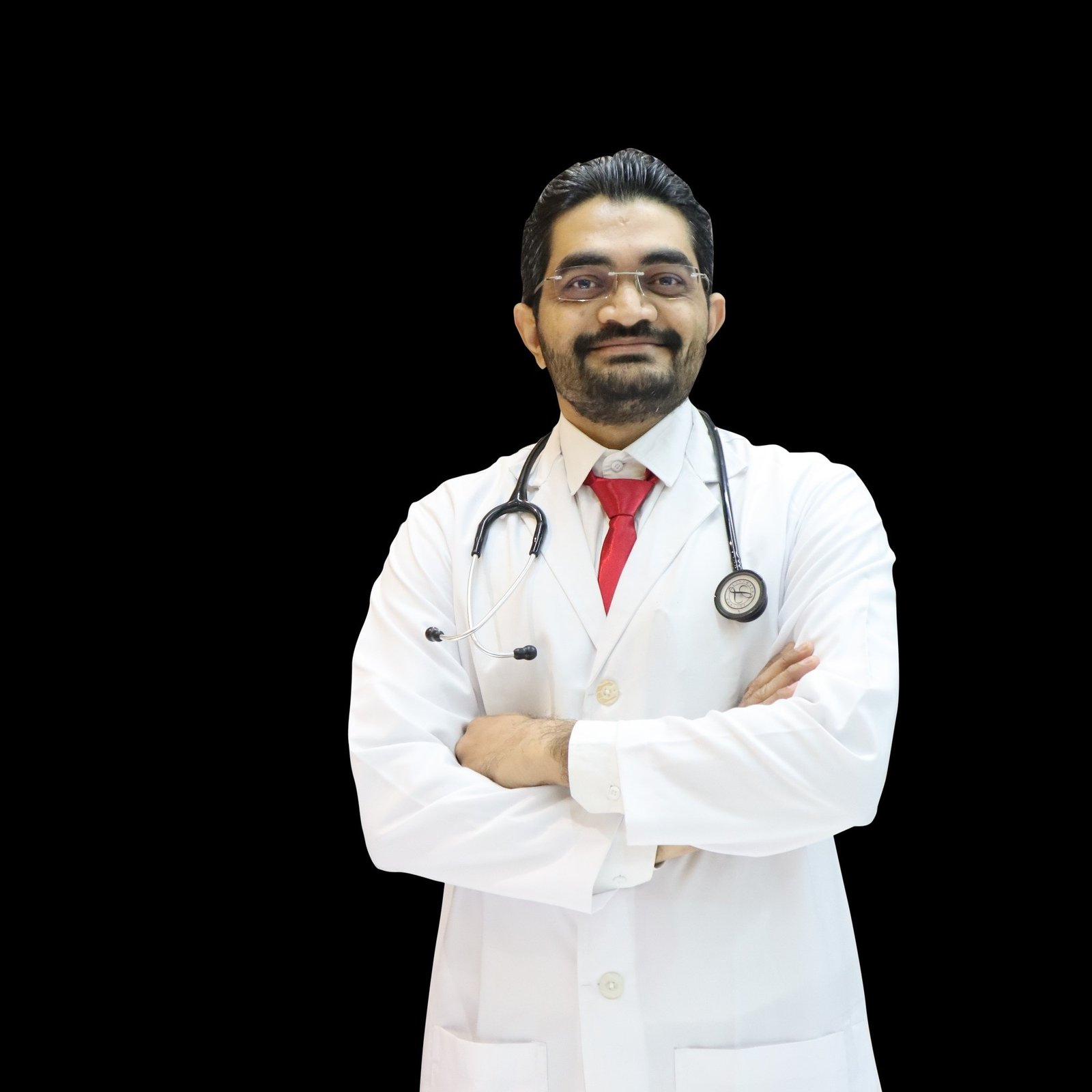3-year-old Tanush Poddar has been diagnosed with Thalassemia Major, a blood disorder that requires him to undergo frequent blood transfusion every 15 days which often leaves him drained of energy. Despite his love for school and hot wheels Tanush’s condition has prevented him from attending school regularly. Thousands of children like Tanush are unable to enjoy the joys of childhood to the fullest. Their only hope and potential cure lies in finding a matching blood stem cell donor. Finding a matching stem cell donor is a challenge in India and this severely impacts the lives of such children.
Thalassemia, a genetic blood disorder that affects the production of hemoglobin, has become a major public health concern in India. With over 40 million carriers, India has been identified as the world capital for thalassemia. The country witnesses the birth of around 10,000 to 15,000 babies with thalassemia major every year, causing a significant burden on the healthcare system and the affected families.
Several factors have contributed to the growing cases of thalassemia in India. A recent Knowledge, Attitude and Practice Study (KAPS) undertaken in a high-risk area for β thalassemia in West Bengal showed that only 37.93% of the targeted population had heard about thalassemia and did not have correct knowledge about the disorder. Lack of awareness and misconceptions about the disease, such as the belief that it is a result of sins committed by parents, are major obstacles in early detection and prevention.
Moreover, the financial burden of caring for a thalassemia major patient is enormous, with the patient requiring regular blood transfusions, iron chelation, and other support for life. The only cure for thalassemia major is bone marrow transplant, which is costly and requires a HLA matched donor. However, the lack of funds and inadequate stem cell registries in India have made it challenging for patients to receive proper treatment.
Compared to the western world, Indian stem cell registries have a significantly lower number of donors registered. This makes it challenging to find an HLA matched donor for patients in need, with only 10-15% of patients finding a match in India, compared to 70% in the United States. The need of the hour is a systemic plan to create awareness about stem cell donation and the importance of being a donor.
The government, NGOs, and other social influencers must come together to create more awareness programs, establish robust stem cell registries, and make stem cell donation a part of routine medical check-ups. The need for funds for thalassemia treatment cannot be overstated, and the government must take appropriate steps to support the affected families.
Thalassemia is a serious public health issue in India that requires immediate action. We must work towards creating more awareness about the disease and the importance of stem cell donation to help affected families receive timely and appropriate treatment.
About DATRI:
DATRI Blood Stem Cell Donors Registry, a not-for-profit organisation, has facilitated more than 1123 Blood Stem Cell Donations to date. The journey began in the year 2009 to find unrelated matched donors for patients with leukaemia, Thalassemia or blood disorders whose life is dependent on an unrelated donor to survive. DATRI, India’s largest Blood Stem Cell Donors Registry, has more than 5,11,413 donors registered. DATRI is working towards creating a wide and diverse database of potential Blood Stem Cell Donors that can be accessed by any patient living anywhere in the world in need of a Blood Stem Cell Donation. Any healthy individual between the age of 18 years to 50 years can register as a blood stem cell donor with DATRI and potentially become a lifesaver when they’re found to be a match for a fatal blood disorder patient.

About the Author:
The opinion is by Dr. Hasmukh R Balar, Hematologist and BMT physician with Surat Hematology Centre and Kiran Hospital, Gujarat. Dr. Balar has worked closely with DATRI on many of the Blood Stem Cell Transplants. Dr. Hasmukh completed MBBS from The Maharaja Sayajirao University of Baroda, (MSU) Vadodara in 2010,MD – Pathology from Veer Narmad South Gujarat University, Surat and DNB – Hematology from Sahyadri Hospital.

